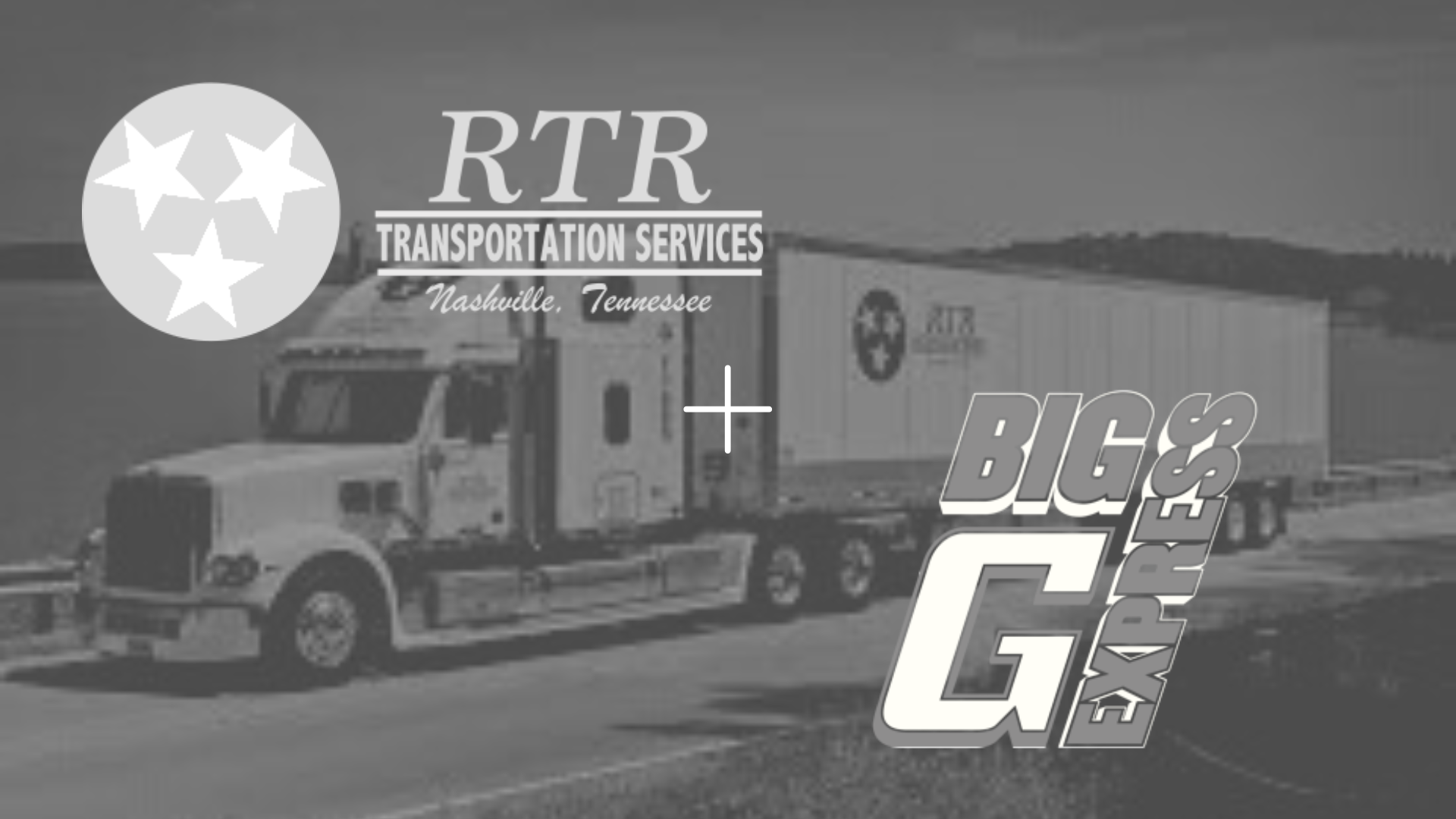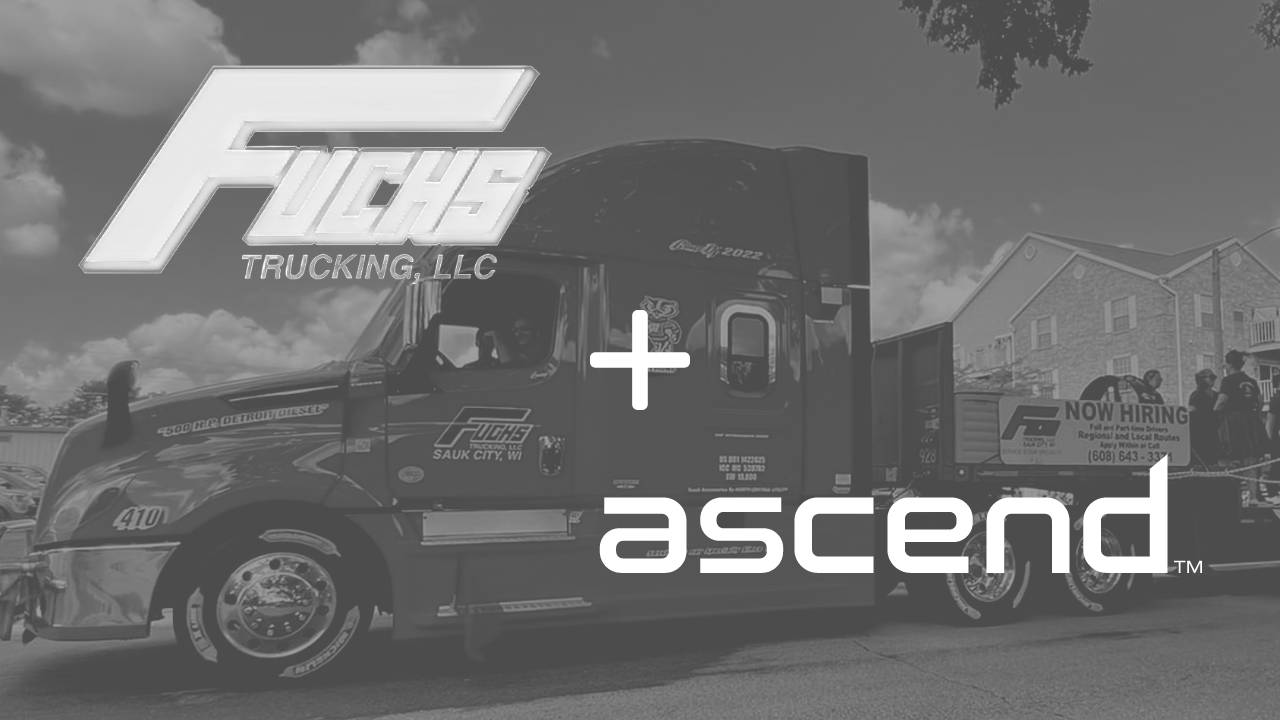Case Study: 23M Trucking Company Sale Success Begins with Clarifying Strategic Options
Posted on February 16, 2018 by Spencer Tenney

When Furniture Row Express reached out to Tenney Group, they needed clarification. FRE was a subsidiary of a very large national furniture company. As part of capturing synergies and becoming more efficient, the company developed a trucking division. For the past five years, they had experienced significant growth. The company initially intended to provide hauling services primarily to their furniture business, but unexpected opportunities became available. The business quickly took on new accounts and reached sales north of 20M. Once the company reached its five-year anniversary, they faced a crossroads. Prior to committing millions of dollars to make necessary fleet upgrades, they needed evidence to support that the business and the overall strategy was creating the desired impact.
Tenney Group performed a business valuation. The results demonstrated two things. First, the owner and the management team had much to be proud of, for what they had accomplished during the five-year period. Second, from a valuation standpoint and from the overall efficiency standpoint, the creation of FRE was not delivering the desired efficiency or return on capital that the mother company had hoped for; even though performance levels were on par with most industry peers. The reality was that FRE provided a meaningful benefit to the group of companies. However, that benefit was not sufficient enough to justify reinvesting capital in the trucking business, when a better return on capital could be more easily achieved in a different space. After digesting Tenney Group’s TransValuation Report for a few weeks, the owners chose to hire Tenney Group to sell the business. The owners could then redirect capital to an investment vehicle that was a better fit for their long-term objectives.
From the point of signing our sales representation agreement, the business was under contract in 27 days. We completed the transaction in 60 days. The efficiency of the transaction directly tied to the seller’s understanding of the facts surrounding the sale. Because Tenney Group equipped our client to clearly understand the value of the business along with the opportunity cost of underutilizing investment capital in a different space, he was able to immediately identify an option to exit the industry that was fair and exercised it.
Tenney, Former Client Celebrate Business Sale Anniversary Together with Two Step & Industry Award.
Last month, we had a special experience with one of our former clients. In 2014, Tenney Group assisted Gwen and Charles Elmore with the sale of Fun Tours, Inc., in Virginia Beach, VA. Last month, almost a year from the date of closing on the sale, Gwen Elmore was awarded a lifetime achievement award by the Virginia Motor Coach Association. Gwen had provided steady leadership over a 25+ year career in the bus industry. Fun Tours have been awarded countless times for superior performance and professionalism in the bus industry. It was an honor to support Gwen as she received this well-deserved honor during the industry event. Gwen shared how the friendships created through the bus industry are what she cherishes most. Charles Tenney, senior managing partner, had not met face to face at any time during the transaction process. It was only fitting that Charles, always in his Stetson, celebrated with Gwen out on the dance floor, two steppin’. Charles commonly says that he has the best job in the world. He gets to help people realize the American Dream. We wish Gwen and Charles the best as they continue to enjoy a new chapter together with friends and as much time as possible relaxing at Myrtle Beach.
Top 7 Reasons Business Sales & Acquisitions Fail to make it to the Finish Line
Getting deals done in the transportation industry can be tough… even in the best of economic climates. Below are seven of the most common reasons business sales and acquisitions fail to make it to the finish line.
1) Valuation Gaps
The seller believes the business is worth “X”. The buyer believes the business is worth “Y”. Without an unbiased professional intermediary facilitating the transaction, it is very difficult for buyers and sellers to bridge valuation gaps and very easy for the transaction process to break down.
2) Unreasonable Seller or Buyer Demand
Successful transactions require compromise and two parties that are capable of being reasonable with one another, as they work to overcome legitimate obstacles in the transaction process. Areas where buyers and sellers often reach an impasse include, but are not limited to; addressing the seller’s facility lease obligations, excluding vehicles that are not needed by the buyer, non-compete agreements, etc.
3) Economic Uncertainty
Selling and acquiring transportation businesses can be an overwhelming concept for both buyer and seller. This particular type of financial transaction is a rare event for both buyers and sellers. Adding uncertainty in the economy on top of an already difficult process, often encourages buyers and sellers to retreat from the sale process when the transaction becomes difficult.
4) Insufficient Cash flow
If the business is not making money, it can be difficult to make a compelling case to potential investors. However, it is important to note that 80% of The Tenney Group’s successful transactions are with strategic/industry buyers. For strategic buyers, the bottom line is a factor, but not the only factor in whether a business is valuable or whether a deal can be completed.
5) Lack of Capital to Finance
Sometimes a willing seller and a willing buyer is not enough. If the buyer is going to require assistance from a third-party lender to fund the transaction, the bank has to be on board also. Many banks do not understand business value in the transportation industry. When professional help is not guiding the financing process, the transaction often runs out of road quickly.
6) No Market for Business
Some businesses, even profitable transportation companies, struggle to find an interested pool of prospective buyers. This typically occurs because of a remote location, excessive dependence on the existing owner, or because the business has peaked and there is no way for a buyer to expand on what the existing owner has already accomplished.
7) Seller Misrepresentations
Trust is key in transactions. When a seller misrepresents information about a business for sale, even unintentionally, it can undermine their ability to keep prospective buyers engaged in the transaction process.
Other factors include: insufficient seller representation, insufficient buyer representation, failure to see hidden value in the company for sale, using attorneys that do not specialize in the transaction arena, and time (deals break down when sellers do not capitalize on their window opportunity to close).


